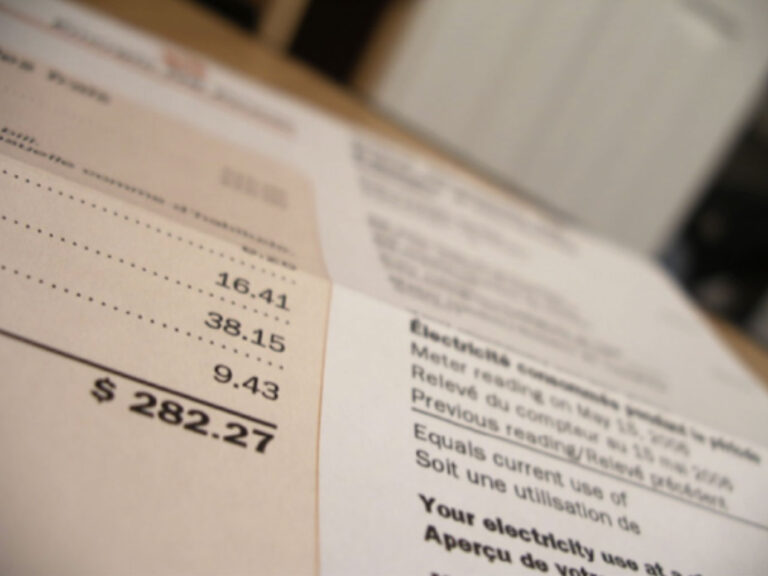Photo by Brendan Wood, licensed under Creative Commons Attribution-ShareAlike 2.0
For over 40 years, the federal government’s Low-Income Heating and Energy Assistance Program (LIHEAP) has been assisting ratepayers across Michigan. In 2025, the program provided about $160 million for low-income and emergency assistance in Michigan alone. That is why ratepayer advocates across our state were alarmed to learn of the federal executive budget proposal’s recommendation to fully eliminate LIHEAP funding.
The current administration has asserted that LIHEAP funding is unnecessary because “states have policies preventing utility disconnection for low-income households.” While the State of Michigan and its investor-owned utilities have policies that limit disconnections in certain circumstances, the administration does not acknowledge the thousands of disconnections that still frequently occur each year.
In 2024, numbers of natural gas customers in shutoff status each month ranged from about 12,800 to nearly 20,000, according to data made available by the Michigan Public Service Commission. This data accounts only for customers served by for-profit utilities, meaning actual statewide numbers are higher. Electric customers in shutoff status each month of 2024 ranged from about 8,000 to just over 13,000. Alarmingly, the number of residential utility disconnections has been increasing year-over-year. Eliminating critical payment support funding made available through LIHEAP will further exacerbate this problem.
There is also the problem of uncollectible utility debt. While current shutoff protection policies can prevent utility shutoffs during the coldest months of each year, they do not reduce household debt that steadily grows as service continues during periods of nonpayment. At the end of the winter season, shutoff protections end and protected households that are unable to pay down past-due balances are typically disconnected.
When past-due balances are deemed uncollectible, utilities still have to cover their operating costs and pay their shareholders. This can only be done by further increasing rates, effectively redistributing portions of those uncollected balances to paying customers. Subjecting Michigan’s already-ballooning gas and electric rates to further inflationary pressure will punish households at all income levels.
Because the utilities will ultimately collect their revenues from ratepayers either way, the elimination of LIHEAP will not save Michigan households money. More customers will simply suffer the human and financial consequences of utility disconnections. Others will be made to pick up the tab.
It should also be noted that some households generate power through the use of delivered fuels such as wood and propane. Many homes in rural communities depend on these fuels for heat during the winter, and those facing emergency hardships depend on LIHEAP programming for assistance in obtaining them. But utility shutoff prevention policies do nothing to warm a home that is dependent on a wood stove or propane tank.
Michigan residents benefit from four vital programs dependent on LIHEAP funding:
- Home Heating Credit (HHC), providing a tax break to eligible households to offset heating costs.
- State Emergency Relief (SER), which provides direct assistance to families in crisis and assists certain households with the costs of delivered fuels like wood and propane.
- Weatherization Assistance Program (WAP), helping residents in older homes with essential upgrades to reduce energy waste and lower monthly bills.
- Michigan Energy Assistance Program (MEAP), providing budgeting assistance, direct bill payment assistance, and help connecting with energy efficiency services.
The Citizens Utility Board of Michigan (CUB of MI) is helping to spread the word about this vital funding through outreach to the Michigan congressional delegation, providing information on the value of LIHEAP for all energy customers. Click here to read the full letter that CUB of MI sent to Michigan’s members of the U.S. House and Senate.

